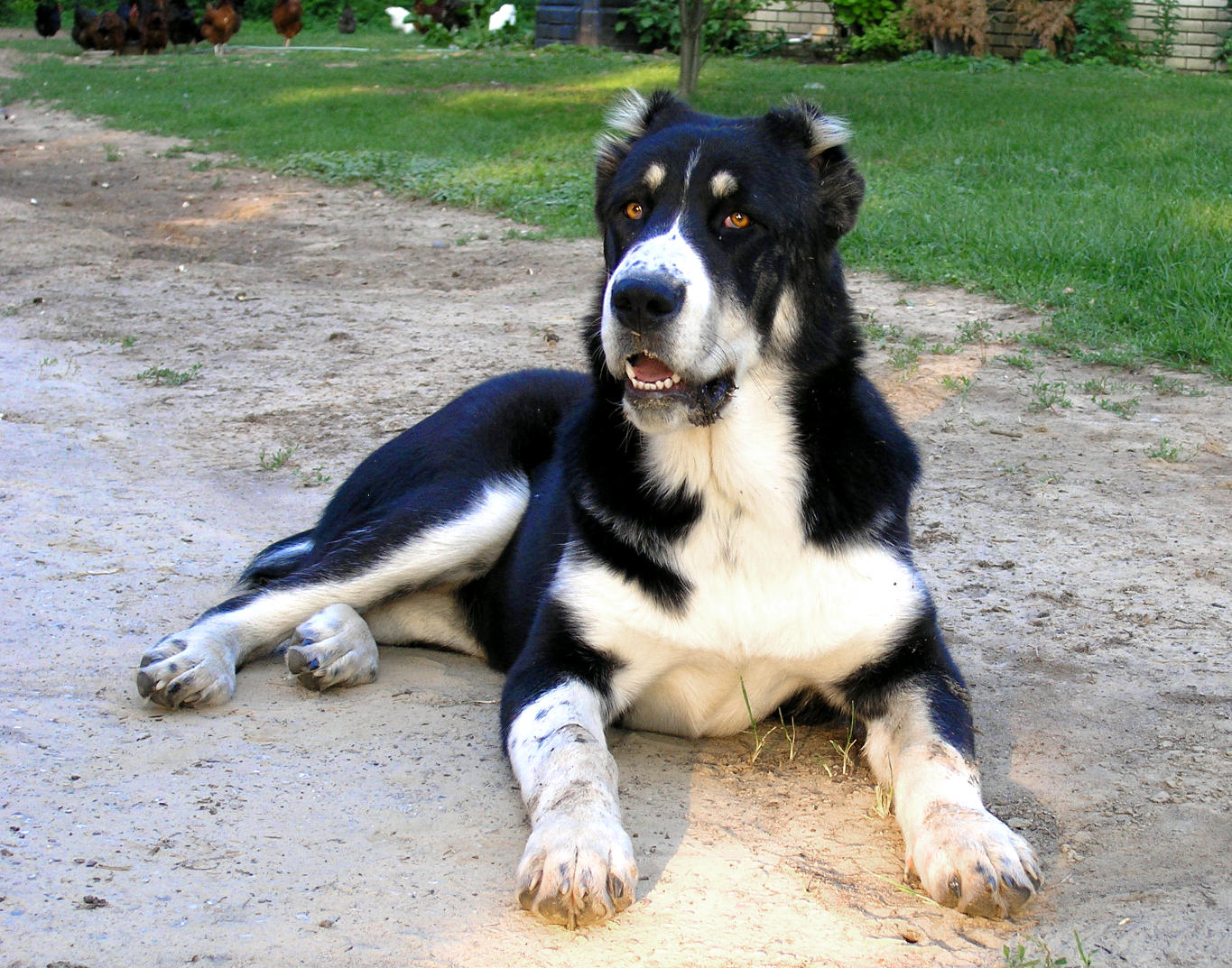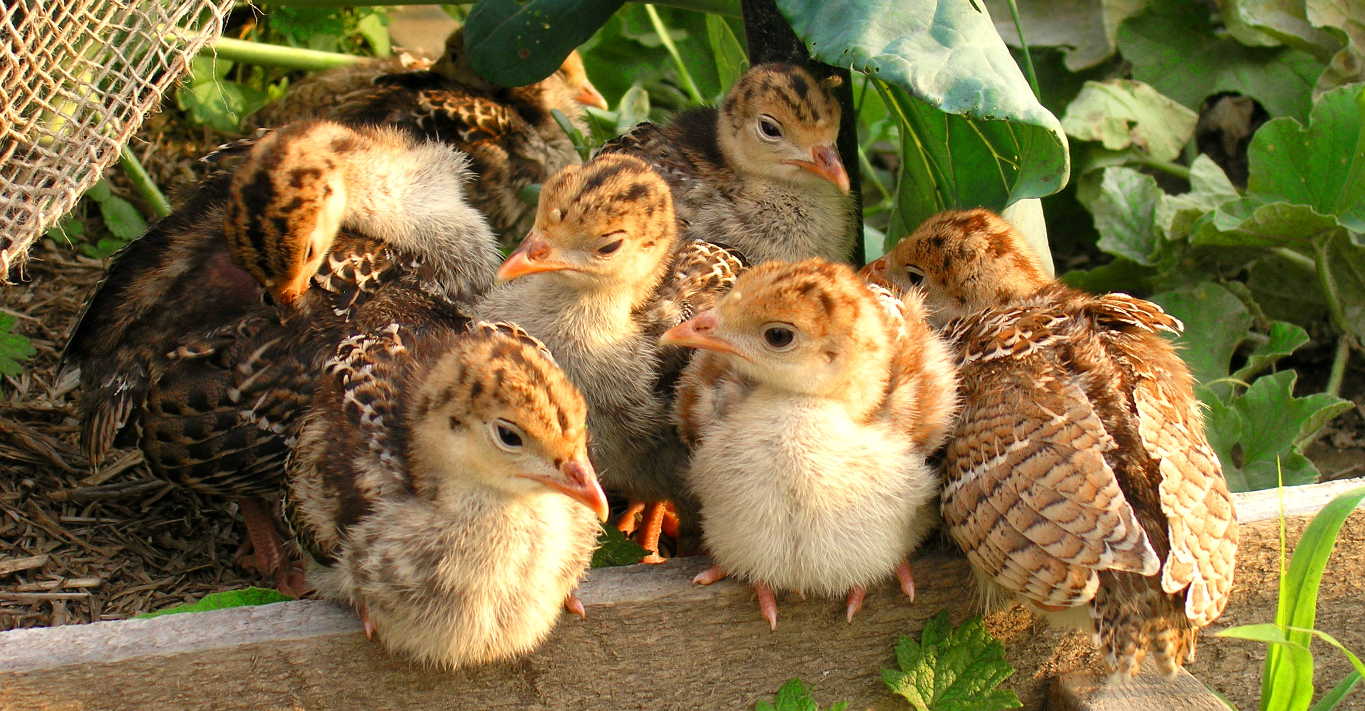
How It All Started
What to eat and what not to eat had been my existential question for a long time.
From the moment I remember, I cared for all stray, sick, and orphaned animals and my room was always filled with all kind of creatures to the desperation of my parents. Understandably, I always struggled with an ethical side of eating meat. In my 20's I had become a vegan, but later got back to dairy and poultry. When I was eating animal products, my deeply buried guilt never let me fully enjoy my cheese and roasts. When I wasn't eating animal products, I was fooling myself that I didn't crave them. I did.
My attempt to raise my daughter without milk or meat failed. She developed severe digestion problems, so I had to bend over backwards to find raw milk and to learn to make cottage cheese and kefir for her. Besides, while all my arguments against meat were very convincing to her when she was a little kid, as soon as she grew into her teens, she didn't give a damn any more and, believe me, she compensated for all these burgers she was deprived of by me.
For years my existential question hadn't been resolved. In fact, it became even more complicated as I had learned the truth about modern industrial, mono crop, chemical agricultural practices. It forced me to think not only how ethical my food was, but how it affected my health and the health of my loved ones. Besides, another side of the problem became more and more evident to me - how disastrously modern industrial agricultural practices, even organic, were affecting our environment.
In search for the solution we decided to move to the land and to start from the very beginning - from growing our food ourselves. We wanted to find out how to eat healthy and to farm differently.
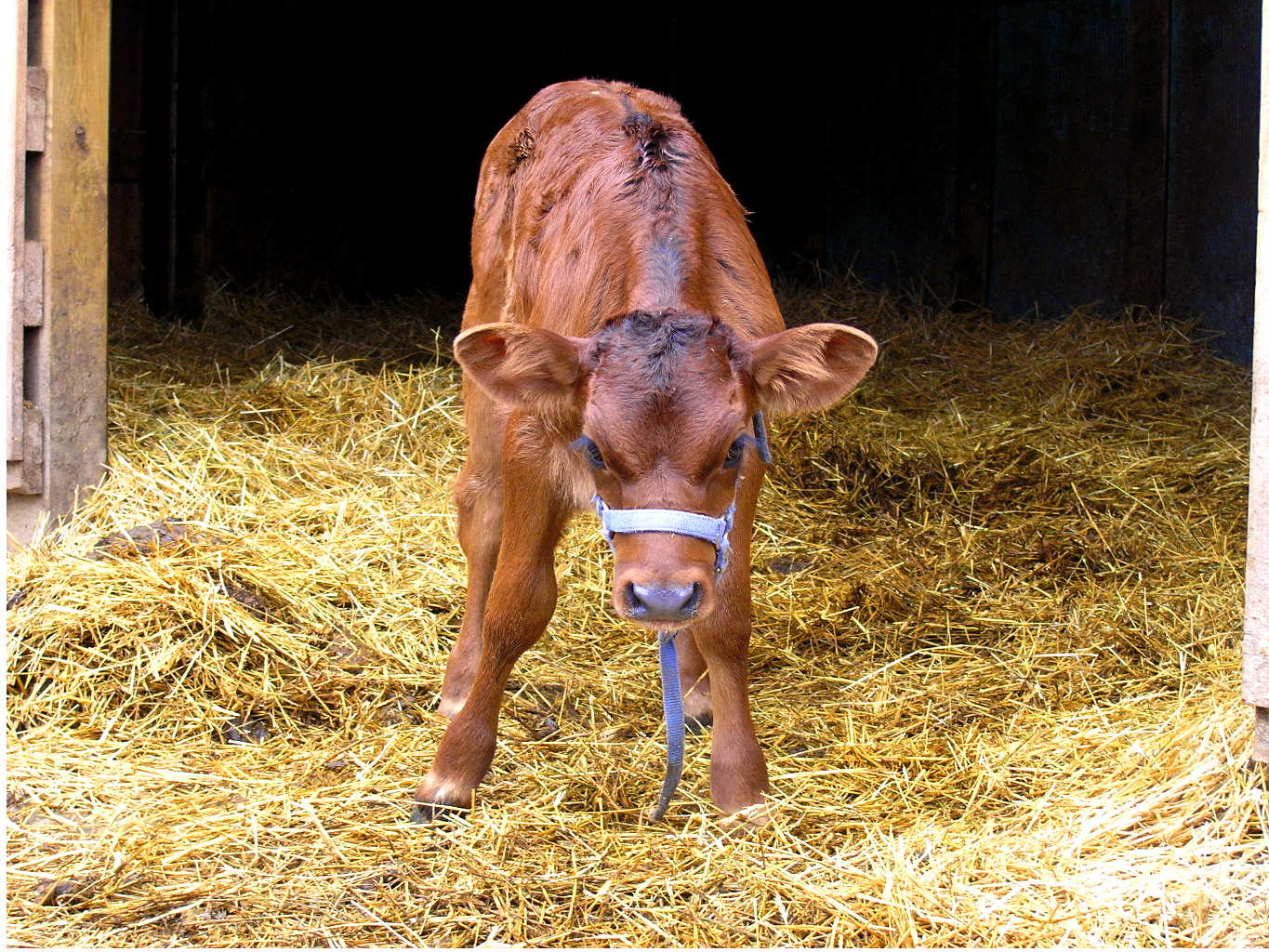
Our Farming Philosophy
We realize that if we want to put a piece of meat or glass of milk on a table, there is no any other way but to take a life of an animal. This we cannot change. What we can change is how this animal lived. And this is where a HUGE difference can be made.
Our deep belief is that it is our responsibility to give all animals in our care the most natural and stress free life we can provide for them.
We never confine cows. In summer time they have green pastures to graze and to roam. During winter, they still have free access to a field to run and to play (yes, they love to run and to play!) and to take sun baths. Our cows eat the food nature intended for them - grass in the summer and hay in the winter. We supplement them with small amount of grain mix or roots during milking and we don't think it would harm them (or anyone) to have their little treat once in a while.
We never take a calf away from his mother. Our cows produce milk firstly for their babies. For us, we are milking the excess. It is not as economically sound as conventional dairy practices, but our method has one huge benefit we are willing to make the compromise for- guilt free, ethical, the most healthy milk.
We never cage our birds. We believe that the best thing we can do for them is to give them full freedom. Freedom to roam around the property, freedom to search for bugs and warms all day long, freedom to eat as much grass as they want - freedom to be birds. Sometimes this freedom costs them their lives when predators visit to hunt. But this is the part of their chicken's life too. Yes, the production suffers quite a bit, but the eggs we are getting are ethical and the most healthy and delicious eggs.
We let our meat birds mate and reproduce naturally. We let them make their nests, hatch their eggs and raise their poults. Raised by their mothers on a pasture, poults, chicks and ducklings are exposed to fresh grass, bugs and sun from day one. We are keeping heritage breeds. Modern heavy broiler type of birds are unable to mate naturally because of their enormous weight. Actually, most of them would not survive till maturity because of various health issues they develop. Of course, it takes our heritage birds 3 times longer to grow, but it is OK, let them have their time. We think this is how ethical poultry should be raised.
One day our neighbour, an old dairy farmer, came to visit us out of curiosity. Our first bull calf was born just recently. "Do you know how to raise the most tender, juicy veal ever?" the farmer asked me looking at the little boy laying beside his mother, "Just take a bull calf away from the cow, put him in a tight dark crate so he can not move much, feed him a bit of milk for the first four weeks and as much corn as he can eat all the time. In 16 weeks you will have a mouth watering veal."
Well, we decided that never will we try the most mouth watering veal. Or any other veal. And, you know what, we will survive. And also we will survive without few-days-old piglets, foie gras, capons, you name it.
Our Animals

Cows
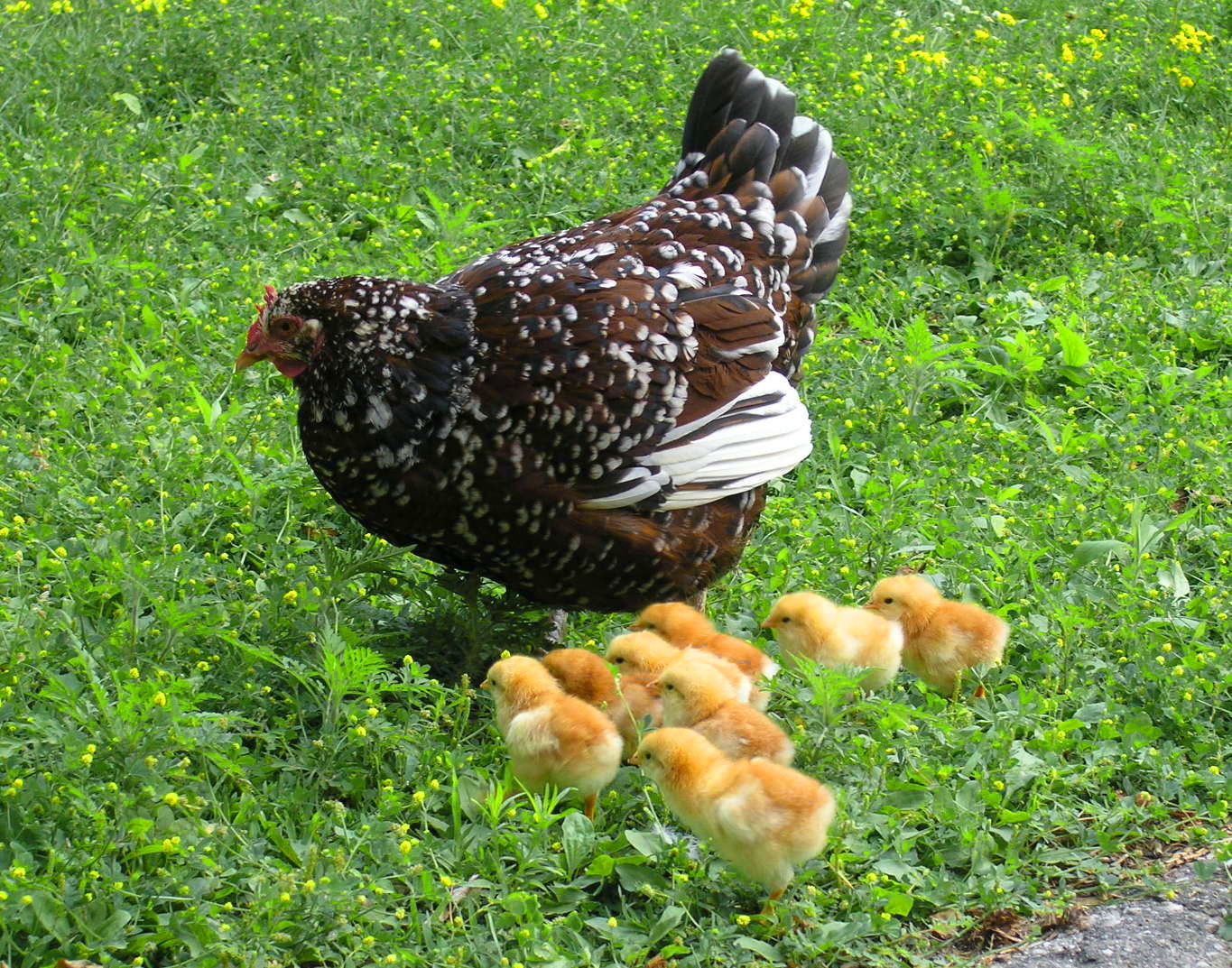
Birds
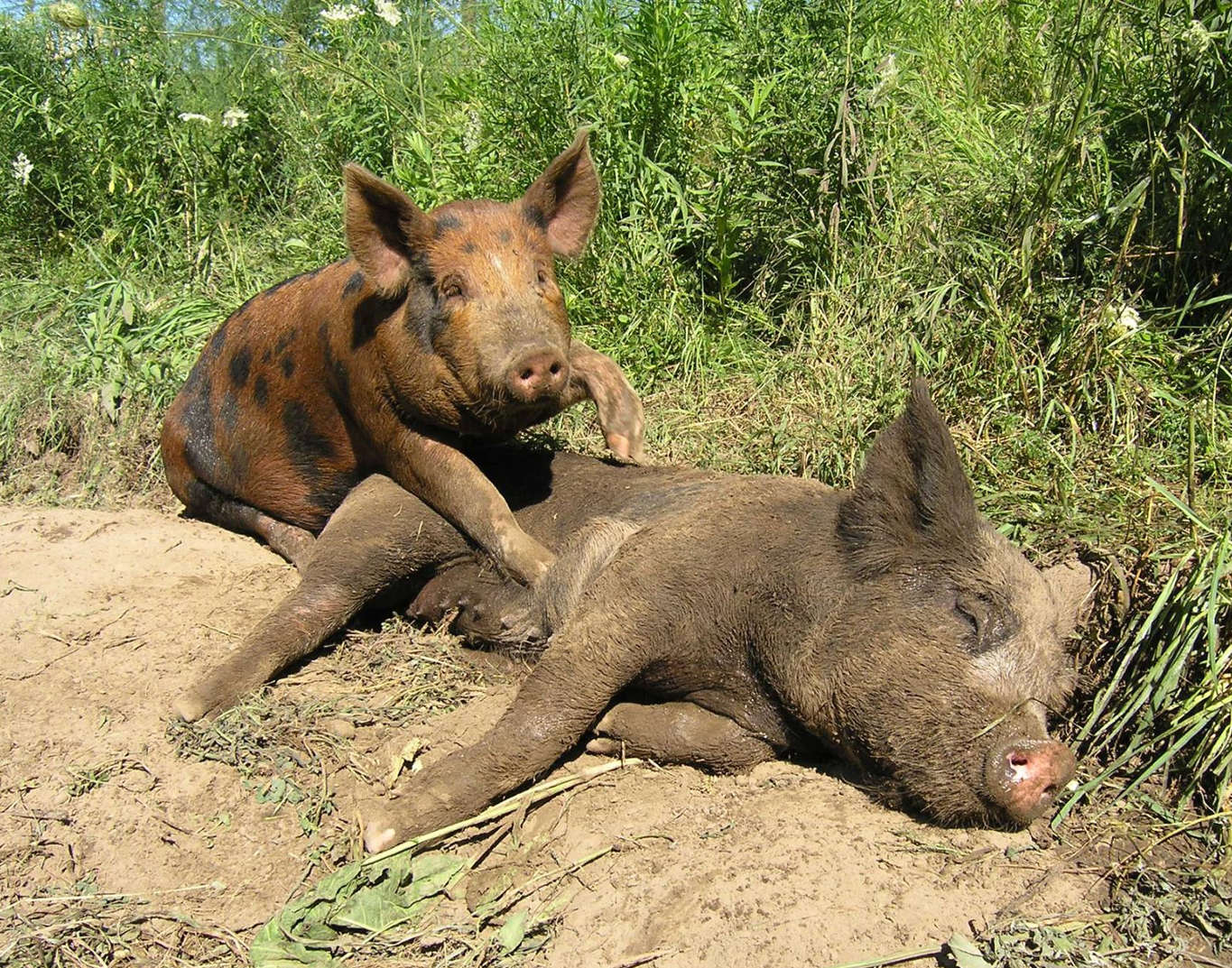
Pigs
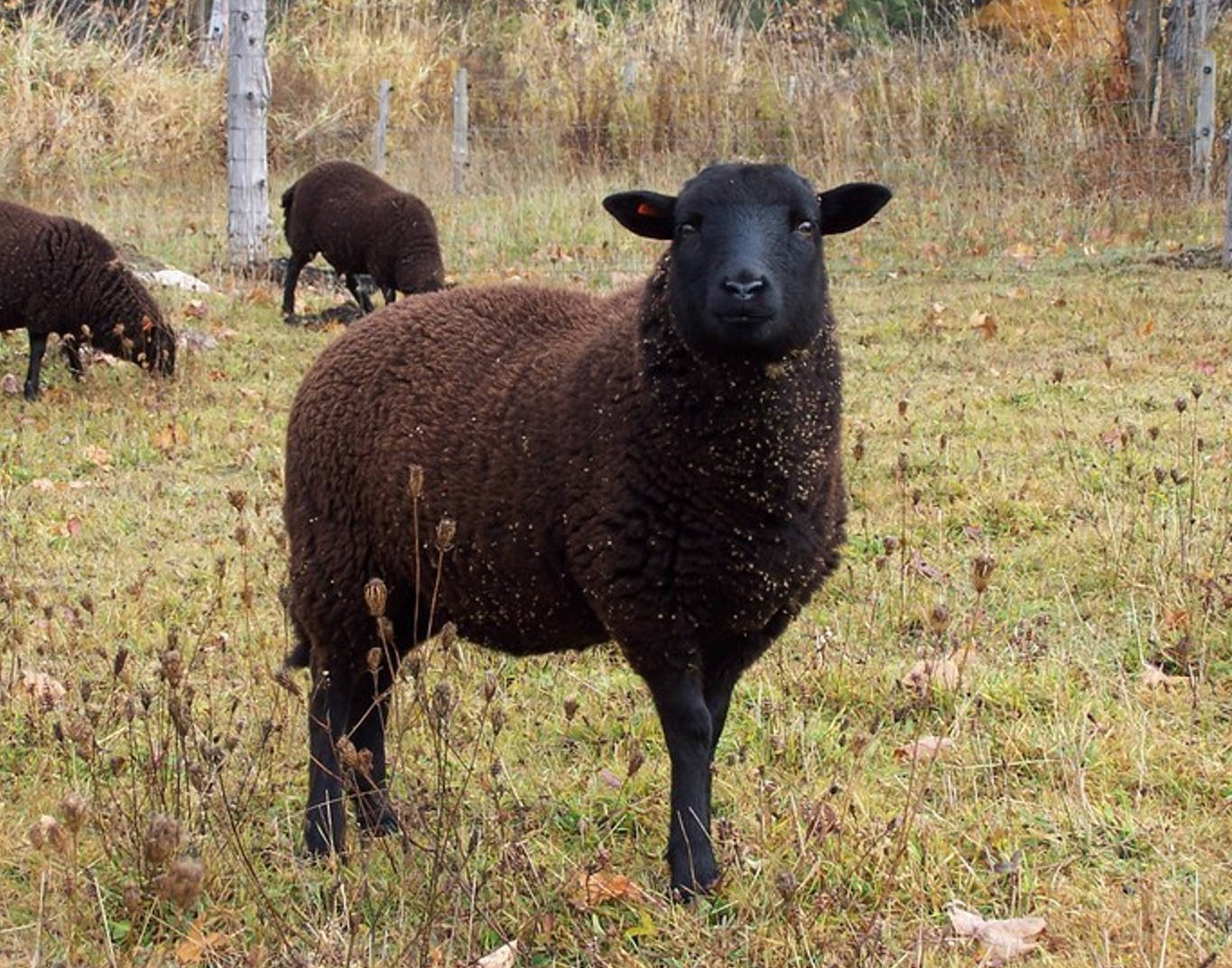
Sheep
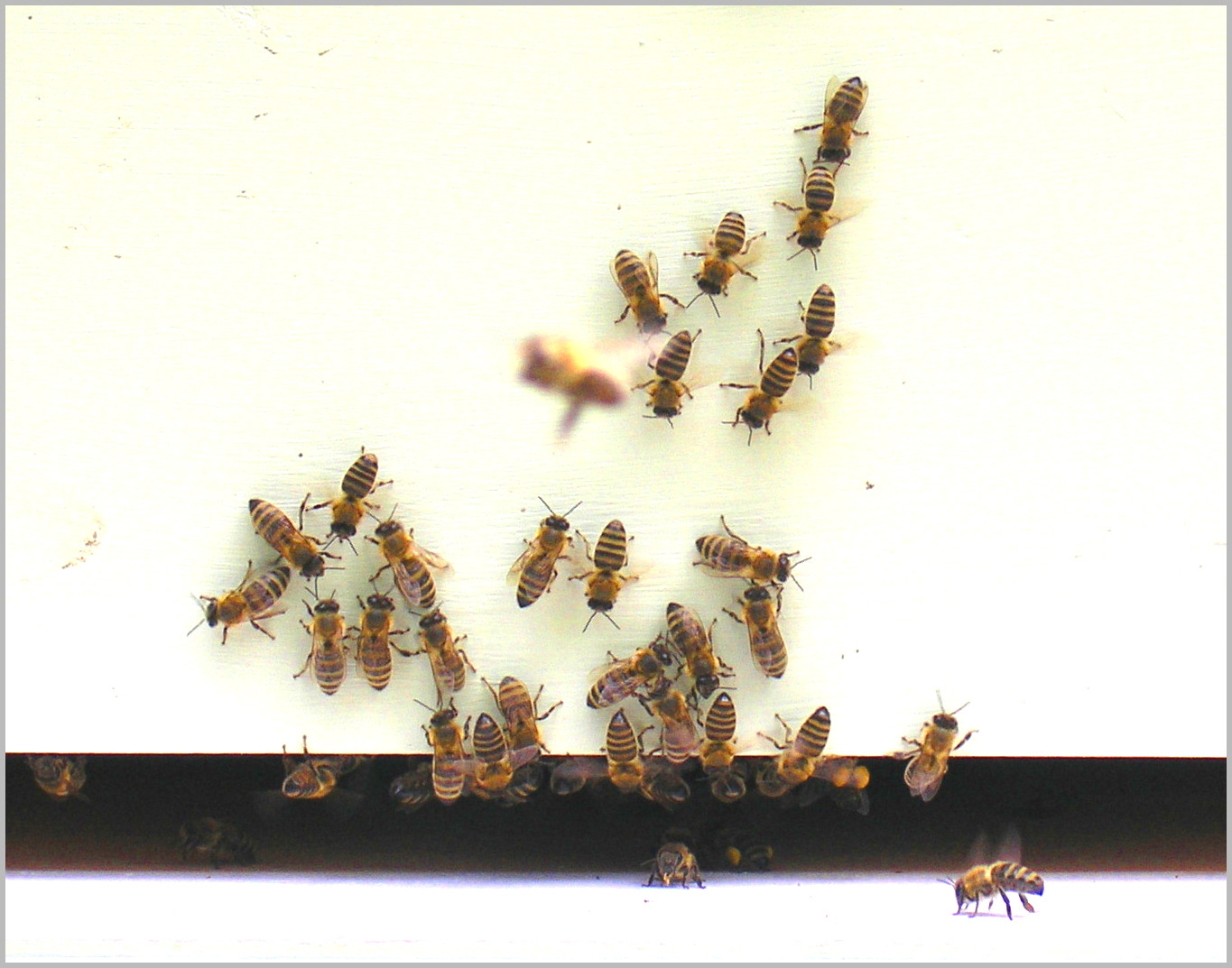
Bees
